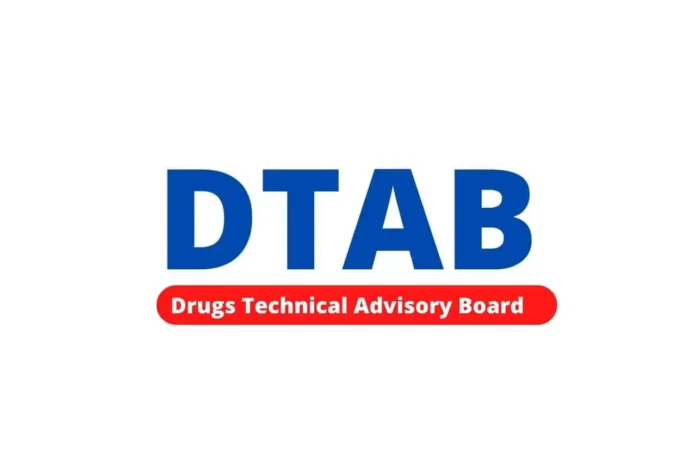Last Updated on October 28, 2024 by The Health Master
Antimicrobial Resistance
The global health community is grappling with a pressing issue: antimicrobial resistance (AMR).
This growing threat to public health has prompted various organizations, including the Drugs Technical Advisory Board (DTAB), to take action.
In a recent meeting, the DTAB made several recommendations to the Drugs Consultative Committee (DCC) aimed at curbing the spread of AMR.
Key Recommendations from the DTAB
- Inclusion of Antibiotics in the Definition of New Drugs: The DTAB proposed that all antibiotics be included under the definition of “new drugs” in the New Drugs and Clinical Trial (NDCT) Rules, 2019. This would help ensure stricter regulations and oversight for these critical medications.
- Enhanced Labeling Requirements: To raise awareness about AMR, the Board recommended adding a prominent blue strip or box on the labels of antimicrobial products. This visual cue would serve as a reminder of the importance of responsible antibiotic use.
- Restrictions on Antimicrobial Sales to Non-Pharmaceutical Industries: The DTAB agreed with the DCC’s suggestion to prohibit the sale of antimicrobials to non-pharmaceutical industries that lack the necessary licenses. This measure would help prevent the misuse of antibiotics in sectors like food production, where their inappropriate use can contribute to AMR.
The Growing Threat of Antimicrobial Resistance
Antimicrobial resistance has been recognized as a major global health concern. It occurs when bacteria, viruses, fungi, and parasites become resistant to the drugs designed to treat them.
This can lead to serious infections that are difficult to treat, resulting in increased mortality and healthcare costs.
The DTAB’s recommendations are in line with the global efforts to address AMR.
By implementing these measures, India can play a significant role in combating this crisis and safeguarding public health.
A Call for Action
The DTAB’s recommendations highlight the urgent need for coordinated action to address AMR.
It is crucial for healthcare professionals, policymakers, and the public to work together to promote responsible antibiotic use, improve infection prevention and control practices, and support research and development of new antimicrobials.
Disclaimer: This article contains information derived from the source mentioned below. Our team utilized an AI language model to rewrite and present the news or article in a unique format.
DTAB: Pain Relief Combo Faces New Ban Recommendation
DTAB: Study required to substitute the Prescriptions at Jan Aushadhi Stores
Understanding the Deliberations on 16 FDCs by the DTAB Subcommittee
DTAB’s Recommendations for Labeling of Excipients
DTAB: Impact of Nimesulide on Vultures and Its Implications for Human Health
19th ICDRA – A Milestone: India’s Role in Global Healthcare
QR Code mandatory for all Vaccines in India to check fakes
India’s Vaccine Regulatory System Receives WHO Approval
USFDA declines to approve this drug for low blood sugar in infants
MvPI Releases Updated Medical Device Adverse Event Reporting Form
USFDA inspection concluded at Alembic Pharma with no observation
Govt to amend Drugs Rules to crack down on Fake Documents
USFDA approval granted for generic Cetirizine tablets
Cosmetic Labels: DCC suggests BIS Standards
Govt to Mandate QR Codes on All Anti-Cancer Drugs to Combat Counterfeit Crisis








